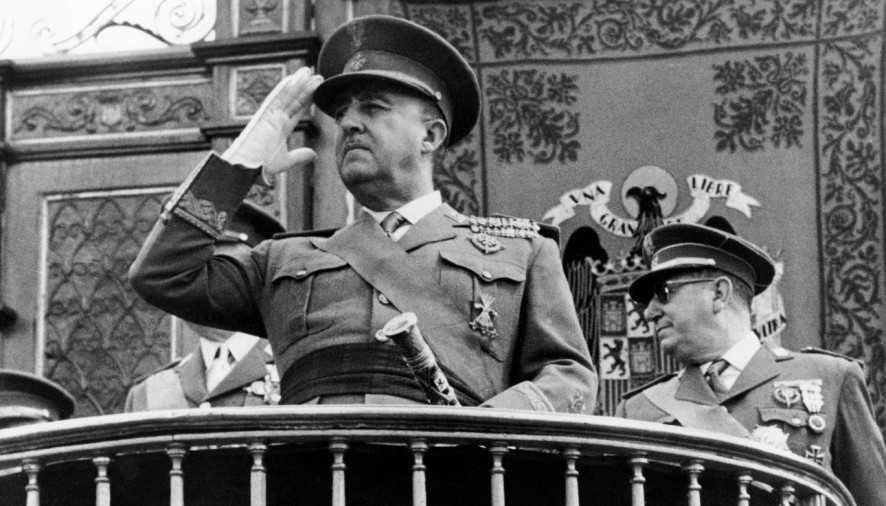With last week marking forty years since the death of its late dictator, Francisco Franco, a familiar silence fell over Spain. Since his passing in 1975, the discussion of Franco’s totalitarian regime and its atrocities have become a nationwide taboo, tacitly suppressed by all corners of the Spanish population, from local cafes to central government. Thursday was no different; minimal coverage or debate was heard from the Spanish left and right, while none of the main political parties observed this anniversary.
Initially, this culture of collective silence grew from a pacifistic desire to avoid the divisions and accusations that could lead to a further civil conflict in the wake of the dictatorship. However, the way it manifested into an amnesty law that blocked any investigation and prosecution of crimes committed during the civil war and the subsequent dictatorship by nationalist forces not only created a nation that was afraid to address its own past, but one that fails to honour half a million republicans that fell during the defence of a free Spain.
Though hardly reported, the anniversary prompted over one thousand descendants of those killed by the dictator’s forces to march peacefully through the streets of Madrid, calling for “truth, justice, and reparations”. The majority of these protestors were elderly Spaniards, holding up the names of parents killed in the bloody civil war that preceded almost four decades of Francoism. Admittedly, as an outsider looking into Spain, it would appear odd to only see this generation calling for the truth. Yet, considering that neither the dictatorship nor the civil war is taught in school, it is hardly a surprise that a collective call for justice is absent.
The problem of the ‘imposed forgetting’ lies at the birth of the Spanish democracy, as, despite the fact Franco’s stronghold has eroded and collapsed, its foundations have been left intact. Unlike the deconstruction that occurred in the wake of other fascist regimes, there was no opportunity for a Spanish equivalent to denazification, with the way that Franco succumbed to old age rather than military defeat ensuring that the transition to democracy would be a purely internal process, as the ‘Pact of Forgetting’ cemented the dictator’s legacy.
In terms of attempted resolution, the Socialist Workers’ Party government’s 2007 ‘Law of Historical Memory’ made tentative efforts to recognise the suffering experienced by the victims of Francoism, but its funds and momentum collapsed in the wake of the 2008 global financial crash and the party’s 2011 election defeat. The fact that no government has ever declared the Franco regime illegitimate speaks volumes about the dictatorship’s legacy and the length of the fight that is yet to come, if Spain ever decides to stop running from its past.
Nevertheless, the nation now has a chance to confront this ignored legacy. With elections in December, Spain looks set for its first post-dictatorship coalition, presenting a clear opportunity for a collective justice and remembrance from Spain’s left and right, honouring the lives that were decimated by Francoism.
Until the taboo is addressed, the country can never achieve unity. “There will be no democracy without memory.”
Dominic Johnson
[Image: AFP/Getty]

